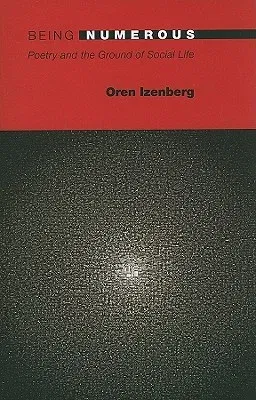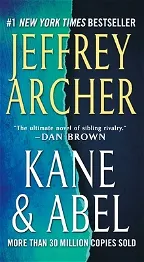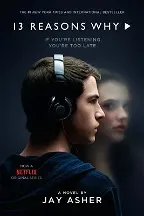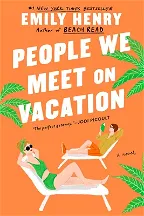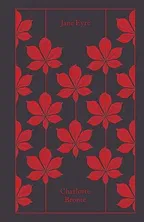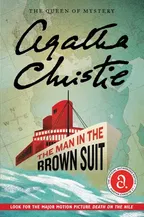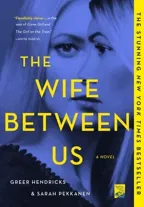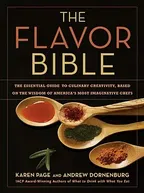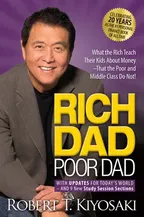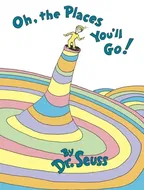"Because I am not silent," George Oppen wrote, "the poems are bad." What
does it mean for the goodness of an art to depend upon its
disappearance? In Being Numerous, Oren Izenberg offers a new way to
understand the divisions that organize twentieth-century poetry. He
argues that the most important conflict is not between styles or
aesthetic politics, but between poets who seek to preserve or produce
the incommensurable particularity of experience by making powerful
objects, and poets whose radical commitment to abstract personhood seems
altogether incompatible with experience--and with poems.
Reading across the apparent gulf that separates traditional and
avant-garde poets, Izenberg reveals the common philosophical urgency
that lies behind diverse forms of poetic difficulty--from Yeats's
esoteric symbolism and Oppen's minimalism and silence to O'Hara's joyful
slightness and the Language poets' rejection of traditional aesthetic
satisfactions. For these poets, what begins as a practical question
about the conduct of literary life--what distinguishes a poet or group
of poets?--ends up as an ontological inquiry about social life: What is
a person and how is a community possible? In the face of the violence
and dislocation of the twentieth century, these poets resist their will
to mastery, shy away from the sensual richness of their strongest work,
and undermine the particularity of their imaginative and moral
visions--all in an effort to allow personhood itself to emerge as an
undeniable fact making an unrefusable claim.
